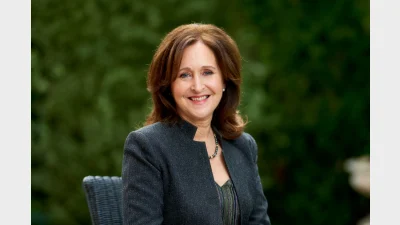Let younger members boost their superannuation, says CEPU



The $25,000 contribution cap for workers under 50 is preventing younger 'fly-in-fly-out' workers from boosting their superannuation when they have the chance, argues the Communications, Electrical and Plumbing Union (CEPU).
CEPU national secretary Peter Tighe said some of his members had 'fly-in-fly-out' jobs on major projects that paid very well, but "they are the sort of jobs that don't necessarily last".
However, workers who are under 50 will be penalised with a tax rate of 31.5 per cent if they put more than $25,000 into superannuation over a financial year, Tighe said.
"These are workers who could be boosting the superannuation system, and supporting the national infrastructure that industry super funds, in particular, specialise in," he said.
Many CEPU members are keen to support the superannuation system over "less productive investments like property", and the Government should be doing everything it can to help them, Tighe said.
"Superannuation Minister Bill Shorten should look at lifting the cap as soon as possible, because every Aussie worker who is able to plough extra money into super during their working life is one less burden on the tax system in their retirement," he said.
Recommended for you
An Australian superannuation delegation will visit the UK this month to explore investment opportunities and support local economic growth, job creation, and long-term investment.
An ASIC review has identified superannuation trustees are demonstrating a “lack of urgency” around improving their retirement communication and still taking a one-size-fits-all approach.
Superannuation funds have welcomed the boost that Treasury’s improvement on the Low-Income Superannuation Tax Offset will have for women and younger members.
The proposed changes to the Low-Income Superannuation Tax Offset (LISTO) has been applauded by the superannuation sector.









